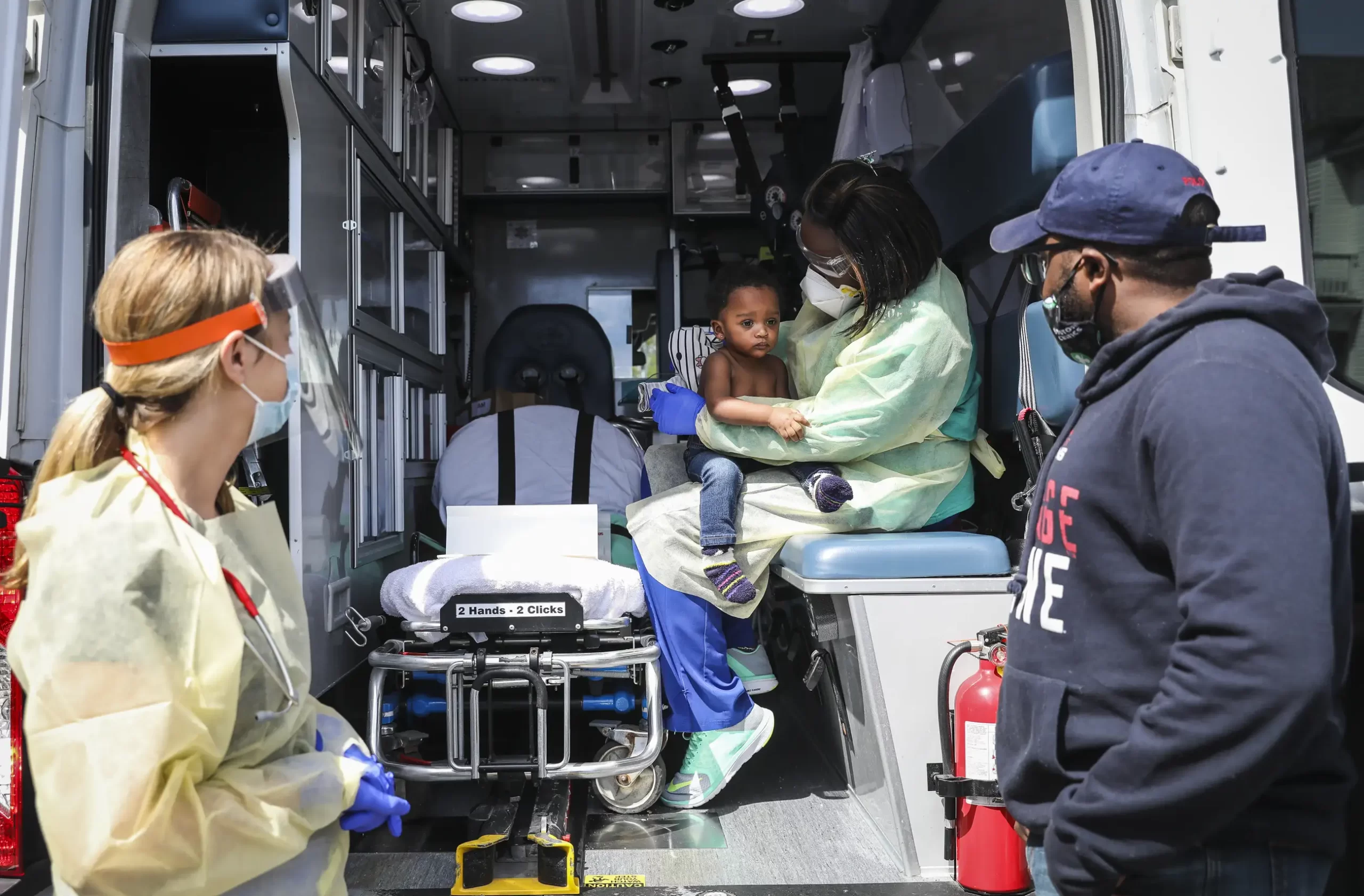A key component of this framework is the community outreach collaborative. These groups are key representatives of the framework for mobilizing health care in disaster situations. These organizations provide culturally appropriate resources to communities, and they are instrumental in removing barriers for community participation. In addition, they help to provide the necessary transportation for vulnerable populations to access health care. For example, a community health care outreach collaborative may include Somali Imams, who are highly vulnerable to the effects of a disease outbreak.
Climate change is a serious threat to public health. In response, health care institutions have a unique and powerful role to play in protecting public health from climate change. By mobilizing their economic, political, and ethical influence, health care institutions can help protect the public and contribute to the transition to a low-carbon future. By doing so, they can save money and demonstrate societal leadership in addressing climate change. In addition, they can prepare their facilities for climate change.
Mobile health programs bring free health care services to communities that do not have access to regular clinics and hospitals. These groups are integral players in rebalancing the health care system by bringing free health care to communities that are often underserved. By focusing on patient needs and listening to their concerns, mobile health clinics help improve the health of these communities. In addition to facilitating access to health care, these mobile clinics also involve patients more actively in their care.
Mobile technologies are making a major impact on health care. They help health care professionals improve workflows and deliver care faster, resulting in improved patient outcomes. Mobile technology is also making clinicians more effective, empowering them to share information across their teams, and better managing health resources. Mobilizing health care services and resources to patients is a key priority in the world today. However, mobile health services will never replace in-person health care.
The Climate Health Care Council is a global network of health organizations committed to advancing climate action. This network consists of over one hundred hospitals from all over the world. These organizations strive to reduce health care’s environmental footprint and promote climate resilience. By engaging the health sector in the climate change process, the Alliance is creating a more sustainable future. The Alliance is a vital space for health care engagement in international climate negotiations. This network aims to create a better future for people everywhere.
The Community Care in Reach program, which was previously known as CareZONE, brings together partners from addiction services, health care and harm reduction. Through an innovative partnership model, the mobile clinic provides access to on-demand health care. These services are provided through the Boston Health Care for the Homeless program and the GE Foundation. Through these programs, they are working to reduce the stigma and increase access to health care. These programs help people in areas with the highest risk of near-term death.





